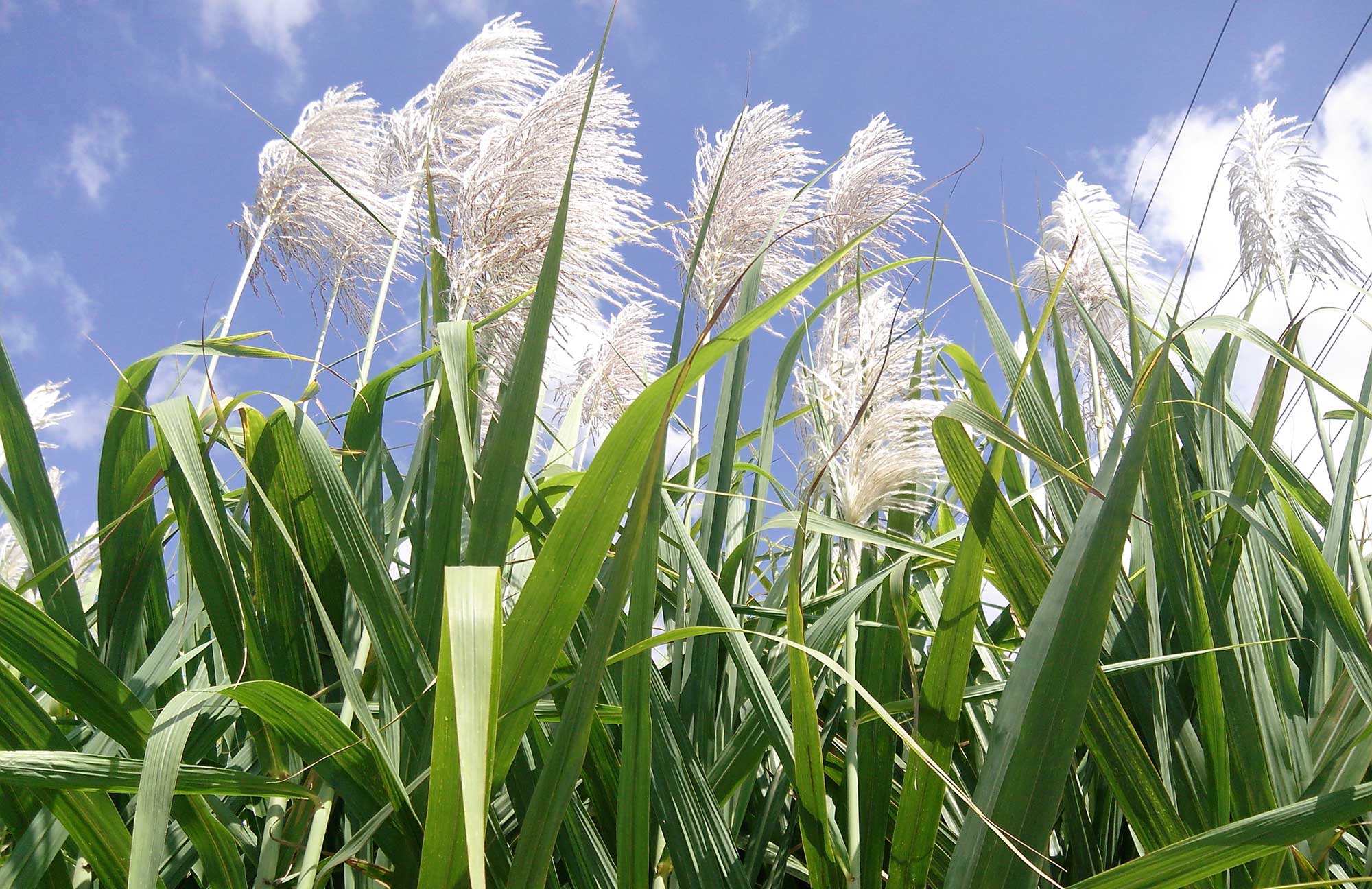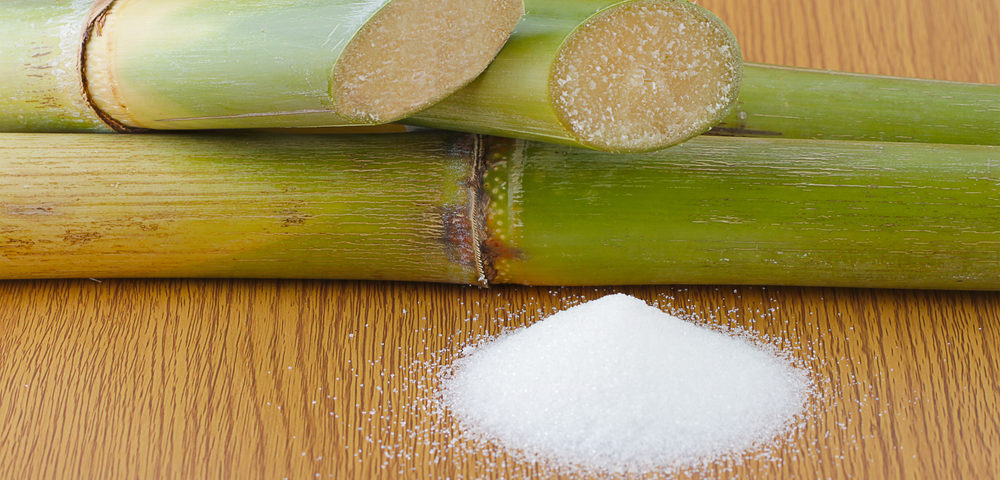How Sugar and Cane Are Processed for Use in Everyday Products
How Sugar and Cane Are Processed for Use in Everyday Products
Blog Article
Why Cane Sugar Processing Chemicals Are Important for Modern Sugar Refining
The role of walking cane sugar handling chemicals in modern-day sugar refining can not be overstated, as they are essential to boosting both the efficiency of extraction and the total high quality of the last product. Agents such as phosphoric acid and details flocculants are utilized to get rid of pollutants, resulting in sugar that not only fulfills consumer assumptions but also adheres to industry requirements.
Function of Processing Chemicals
The efficiency of cane sugar handling hinges dramatically on the tactical application of processing chemicals. These chemicals play an essential function in boosting the performance and high quality of sugar removal and refining. From the initial phases of juice extraction to the final purification actions, handling chemicals promote different vital procedures.
In the extraction stage, chemicals such as phosphoric acid and calcium hydroxide are used to maximize the clarification procedure, helping to eliminate pollutants and put on hold solids from the walking cane juice. This not just boosts the return but additionally ensures the clarity of the last item. In addition, agents like flocculants aid in the fast settling of impurities, thus simplifying the overall process.
As the handling developments, chemicals are used in decolorization and formation stages. Triggered carbon and ion exchange materials serve to get rid of shade and smell, ensuring that the refined sugar meets consumer high quality criteria. Inevitably, the duty of handling chemicals extends past operational efficiency; they significantly affect the sensory characteristics of the end product, contributing to market competitiveness. Therefore, the thorough selection and application of these chemicals are crucial for achieving ideal end results in walking stick sugar processing.
Trick Sorts Of Chemicals
Cane sugar handling depends on a variety of vital chemicals that assist in each stage of production. These chemicals play essential duties in clarifying, bleaching, and cleansing the sugar drawn out from walking stick.
One key category of chemicals includes flocculants, such as polyacrylamide, which aid in the explanation procedure by advertising the gathering and settling of contaminations. In addition, calcium hydroxide is typically used to neutralize acidity and aid in the removal of non-sugar parts.
Lightening agents, such as activated carbon and sulfur dioxide, are used to decolorize the syrup, leading to a clearer end product. These chemicals help remove color compounds that may affect the sugar's appearance and marketability.
Additionally, phosphoric acid serves as a pH regulator during the handling phases, making certain optimum problems for the enzymatic activities associated with sugar removal and filtration.
Various other important representatives include edta (ethylenediaminetetraacetic acid), which chelates metal ions that can catalyze unwanted reactions, and salt hydroxide, which helps in pH control throughout the refining process. Jointly, these chemicals improve efficiency and make certain a premium cane sugar item.
Benefits for Sugar High Quality
Frequently neglected, the usage of specific handling chemicals dramatically improves the general top quality of cane sugar. These chemicals play a pivotal role in refining procedures, guaranteeing that the last product satisfies stringent market standards for purity and preference.

Additionally, refining chemicals aid in attaining a regular granulation and appearance, which are crucial for consumer acceptance. By controlling the condensation process, these chemicals ensure reference that the sugar crystals develop evenly, bring about a more appealing product that dissolves well in different applications.
In addition, the usage of these chemicals can enhance the service life of cane sugar by decreasing wetness absorption and microbial growth. Overall, the critical application of processing chemicals is important for supplying top notch walking stick sugar that meets customer expectations and sector demands.
Environmental Effect Considerations

In addition, the energy-intensive nature of sugar refining, compounded by chemical usage, typically leads to boosted carbon emissions. This adds to climate modification and increases concerns regarding the sustainability of present refining methods. Additionally, the sourcing of these chemicals might include techniques that endanger biodiversity, such as monoculture farming, which reduces the resilience of farming environments.

To minimize these influences, sugar refiners are increasingly exploring sustainable choices and embracing best methods anonymous that lessen chemical use. Executing extensive environmental administration systems can assist make sure that the refining procedure aligns with environmental standards and promotes biodiversity. Ultimately, a balanced method that focuses on both sugar high quality and environmental stewardship is vital for the lasting stability of the sugar industry.
Future Trends in Refining
As the sugar industry faces the environmental challenges connected with conventional refining techniques, cutting-edge techniques are arising to enhance both effectiveness and sustainability. One substantial trend is the fostering of green chemistry principles, which focus on using safe, naturally degradable handling chemicals. This shift not only decreases ecological effect however likewise addresses customer need for cleaner manufacturing approaches.
An additional encouraging advancement is the execution of innovative filtration innovations, such as membrane layer splitting up and adsorption procedures. These techniques enhance the clarity and quality of the sugar while minimizing the volume of wastewater produced during refining. In addition, the combination of digital modern technologies, consisting of IoT and AI, is changing operational performance by allowing real-time monitoring and anticipating upkeep, therefore minimizing resource waste.
Furthermore, using by-products from sugar refining, such as bagasse and molasses, is gaining traction. These materials can be exchanged biofuels or value-added products, adding to a circular economy within the industry. Jointly, these trends signal a change towards more lasting practices that not only boost functional effectiveness yet likewise straighten with international sustainability goals, making sure the future practicality of sugar refining.
Final Thought
Walking cane sugar processing chemicals are crucial in modern sugar refining, substantially improving the effectiveness and high quality of sugar extraction. The calculated usage of these chemicals not just improves the purity and flavor of the end product however additionally ensures constant crystallization and structure. As the industry progressively prioritizes sustainability, the adoption of environmentally-friendly handling agents is likely to shape future trends in refining, ultimately resulting in better products and prolonged life span for customers.

Inevitably, a balanced strategy that focuses on both sugar top quality and environmental stewardship is necessary for the lasting stability of the sugar market.
Walking cane sugar processing chemicals are important in modern-day sugar refining, substantially improving the performance and quality of sugar removal.
Report this page